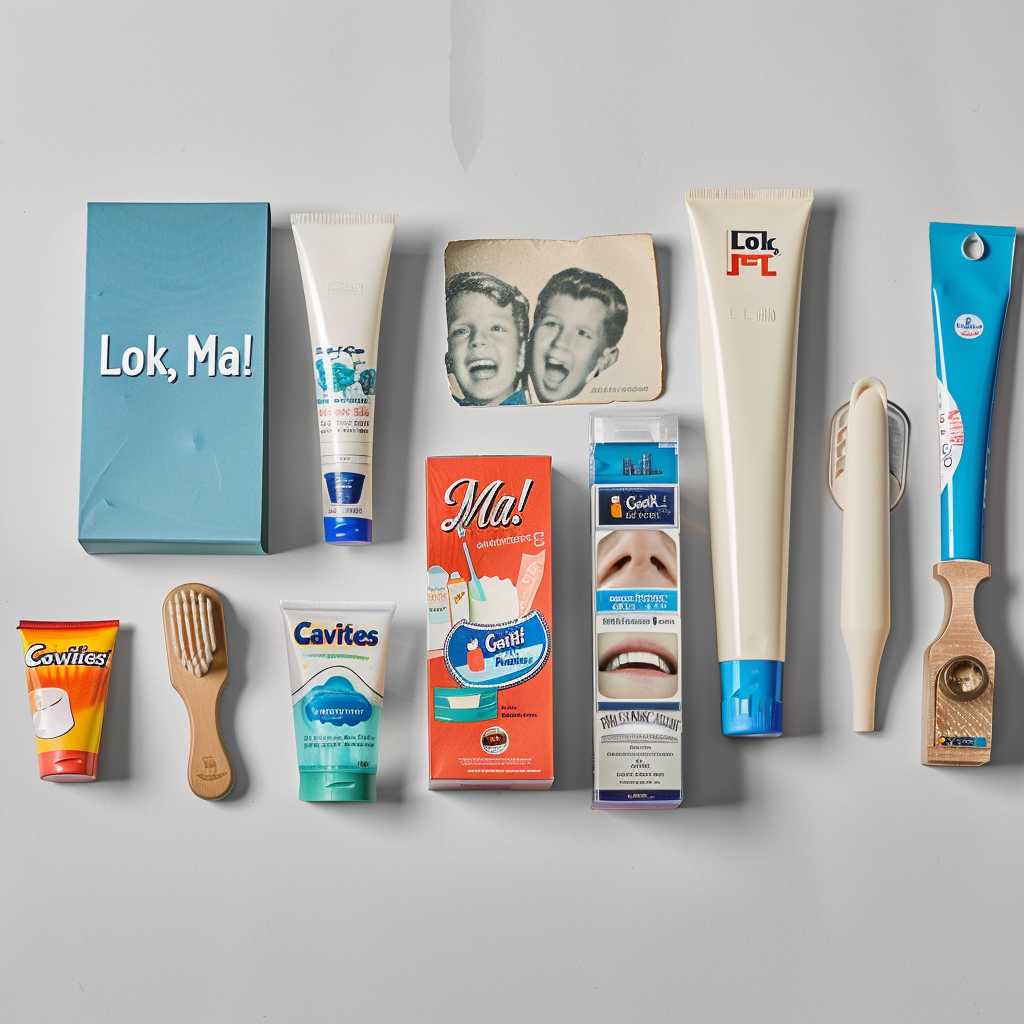The Comprehensive Review of Crest: Balancing Oral Care and Marketing Power
Crest, initially introduced as a toothpaste brand, has firmly established itself as a household name synonymous with oral hygiene. From its breakthrough fluoride formula that received the ADA’s approval to its innovative expansion into various oral care products, Crest has been instrumental in shaping dental care practices globally. This extensive article aims to provide a balanced overview of Crest’s evolution, product range, strategies, and its impact on consumers and the oral care industry.
Early Beginnings and Brand Evolution
The Origins of Crest: Fluoride and the Fight against Cavities
Crest’s history traces back to the early 1950s when Procter & Gamble teamed up with Dr. Joseph Muhler of Indiana University to develop a new toothpaste that could effectively combat tooth decay. Their research led to the creation of a fluoride-containing toothpaste that promised to reduce cavities more effectively than the non-fluoridated alternatives available at the time. In 1955, Crest toothpaste was launched with this pioneering formula and quickly gained recognition when the American Dental Association (ADA) certified it as effective for fighting cavity formation in 1960.
Diversifying into the Dental Universe: Crest’s Expansion of Products
Over the decades, Crest has expanded beyond its flagship fluoride toothpaste to offer an extensive range of oral care products. The brand now encompasses mouthwashes, toothbrushes, whitening strips, and dental floss, catering to a broad array of consumer needs. Each product line extension aimed not only at preventing dental issues but also at improving cosmetic aspects of oral care, supporting users to achieve brighter smiles alongside healthy teeth and gums.
Marketing Mastery and Revolutionary Advertising
Crest’s journey has been marked by successful marketing campaigns that leveraged scientific endorsements and emotional appeals. The notion of “Look, Ma! No cavities!” became ingrained in American culture as a triumphant slogan that reinforced social norms around health and vanity. These strategies helped establish Crest as a leader in the oral care market, driving consumer trust and preference through educational promotion about oral health.
Impact Analysis on Consumer Health
Clinical Evidence and ADA Recognition: Trust Earned through Science
Crest’s affiliation with recognizable scientific evidence has significantly impacted the perceived value it offers to consumers. The early recognition by the ADA provided Crest an authoritative endorsement that set it apart from competitors and encouraged generations to trust its efficacy for maintaining dental health. Such sustained credibility fostered loyalty among customers, reinforcing positive behaviors about oral hygiene practices.
Continuous Innovation: Evolving with Consumer Needs
In recent years, Crest has remained at the forefront of innovation by implementing advancements like 3D White technology for whitening products and Pro-Health formulas with additional benefits such as anti-gingivitis properties. By consistently updating their offerings in line with contemporary research and changing consumer demands, Crest underscores a commitment to providing relevant solutions for oral health challenges.
Market Dynamics: The Competition and Regulatory Landscape
The dominance enjoyed by Crest on global shelves is always under threat from rival brands eager to claim their share of the lucrative oral care space. Intense competition has driven Crest to continually adapt its products and marketing methods according to both harsh criticisms from critics warning against excessive chemical usage and strict regulative measures that mandate compliance with safety standards. Navigating these conditions while sustaining growth reflects upon Crest’s intuitive approach in addressing both business obstacles and consumer welfare.
